Home inspections in Texas are a crucial step in the home-buying process. They help buyers make informed decisions by providing a detailed evaluation of a property’s condition. Whether you’re a first-time buyer or a seasoned investor, understanding what to focus on during a home inspection can save you time, money, and stress. In this blog, we will discuss the top three things to look at during home inspections in Texas: the foundation, the roof, and the electrical system. These are critical areas that can reveal potential issues affecting your safety and financial investment.
1. The Foundation: Texas Soil and Its Impact
First and foremost, inspect the foundation. Texas is known for its expansive clay soil, which can shift dramatically with moisture changes. As a result, homes in Texas often face foundation problems. During home inspections in Texas, the inspector checks for cracks in walls, uneven floors, and doors that do not close properly—common signs of foundation issues. Left unaddressed, foundation problems can lead to costly repairs. Therefore, pay close attention to the foundation report, and if necessary, consult a foundation specialist to get a better understanding of the extent of any damage.
2. The Roof: Weather and Wear
Next, evaluate the condition of the roof. Texas weather can be harsh, with intense sun, heavy rain, and occasional hailstorms. These elements can take a toll on a home’s roof, making it one of the most important things to assess during a home inspection. Look for signs of missing or damaged shingles, leaks, and any visible sagging. A compromised roof can lead to water damage and mold issues, which are not only expensive to fix but also pose health risks. Remember, a well-maintained roof can save you from unexpected repairs and add longevity to your investment. Make sure the inspector provides a comprehensive report on the roof’s condition during your home inspection in Texas.
3. The Electrical System: Safety First
Lastly, focus on the electrical system. A faulty electrical system is not just a financial burden; it is a serious safety hazard. In Texas, older homes may have outdated wiring, which can be a fire risk. During home inspections in Texas, ensure the inspector thoroughly checks the electrical panel, circuit breakers, outlets, and overall wiring. Look for any signs of outdated materials, such as aluminum wiring, and ensure that all systems are up to current code standards. If the inspection uncovers potential issues, consider bringing in a licensed electrician for a more detailed evaluation.
Conclusion
In conclusion, home inspections in Texas are essential for uncovering hidden problems that could affect your investment and safety. By focusing on the foundation, roof, and electrical system, you can better understand a property’s true condition and avoid unexpected repair costs. Remember, knowledge is power, especially when it comes to buying a home. So, take the time to review inspection reports carefully, ask questions, and, when necessary, consult experts to make an informed decision.
When buying a home in Texas, don’t underestimate the value of a thorough inspection. It is your opportunity to ensure that the house you are about to purchase is safe, sound, and a wise investment for the future.
